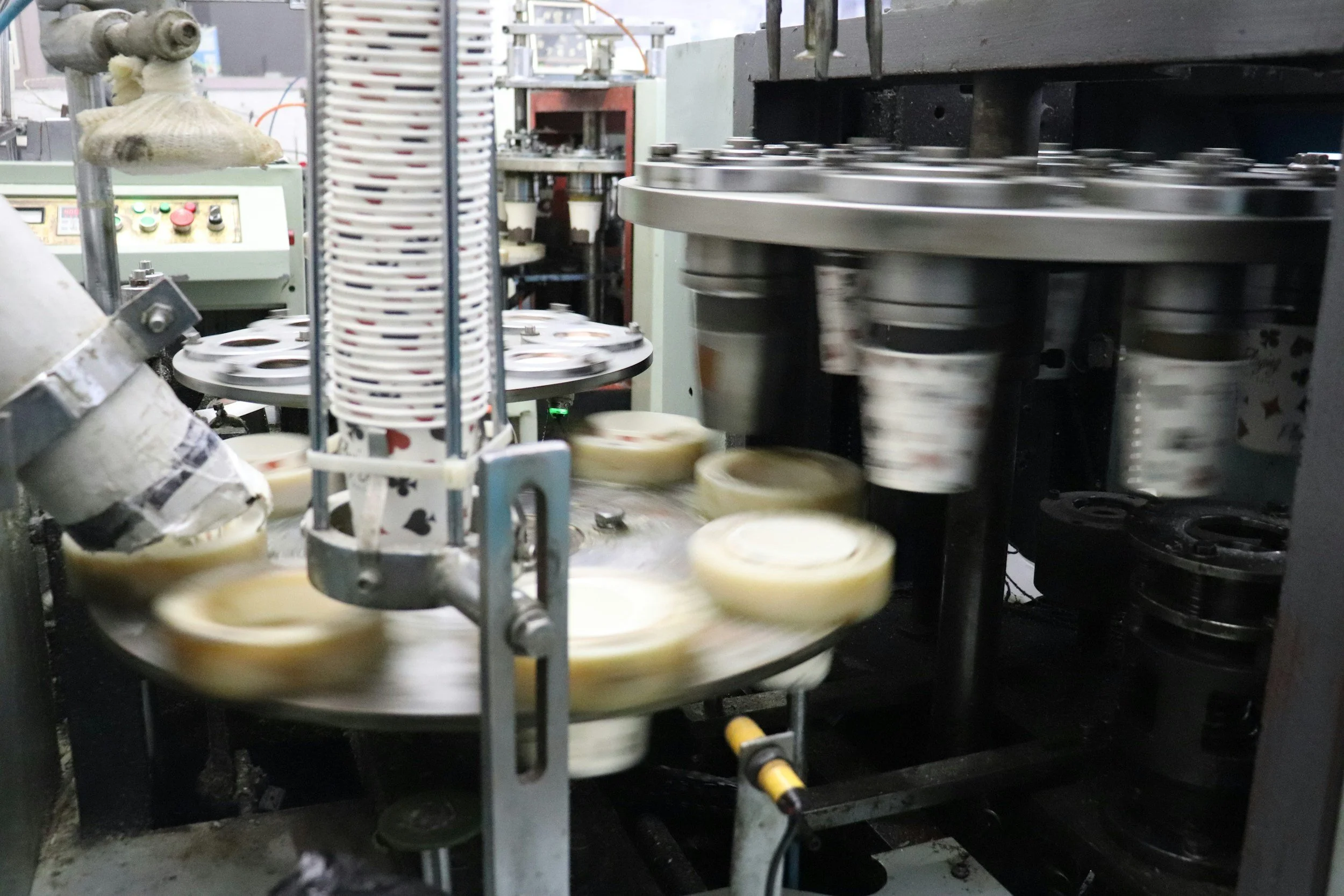The Solution
Valley Harvest Group partnered with RMR Process to implement an innovative processing model:
Localised Processing: Established automated processing facilities near farms rather than at distant centralized locations
Custom Automation: Implemented specialized equipment designed specifically for their fruit products
Value-Added Processing: Developed capabilities to transform imperfect or surplus produce into juices and fruit pieces
Integrated Systems: Created seamless processing workflows from harvest to final product
Case Study:
Valley Harvest Group
The Challenge
Valley Harvest Group, an Australian producer of juices and fruit pieces, faced significant challenges common to many agricultural businesses:
Product Waste: Substantial amounts of produce were being discarded due to cosmetic imperfections or processing limitations
Value Addition: Difficulty capturing more value from their 100% Australian-grown products
Environmental Impact: Traditional processing methods required transporting produce long distances from farms to centralized facilities
Market Pressure: Increasing competition and price pressure in the agricultural sector
These challenges threatened both the profitability and sustainability of their operations.
The Results
The partnership delivered transformative outcomes:
Reduced Waste: Significantly decreased produce waste by utilizing fruit that would otherwise be discarded
Higher Value Products: Successfully converted raw agricultural outputs into higher-margin processed products
Environmental Benefits: Minimized transportation requirements and associated carbon emissions
Stronger Supply Chain: Created a more resilient and sustainable farm-to-market pathway
Community Impact: Strengthened regional agricultural communities by adding processing jobs and capabilities
Key Takeaway
Valley Harvest Group's experience demonstrates how strategic automation at the farm-gate level can transform agricultural challenges into opportunities, reducing waste while creating more value from Australian-grown produce.
"By bringing processing capabilities closer to the source and implementing smart automation, we've been able to reduce waste, improve product quality, and create a more sustainable business model for Australian agriculture."





